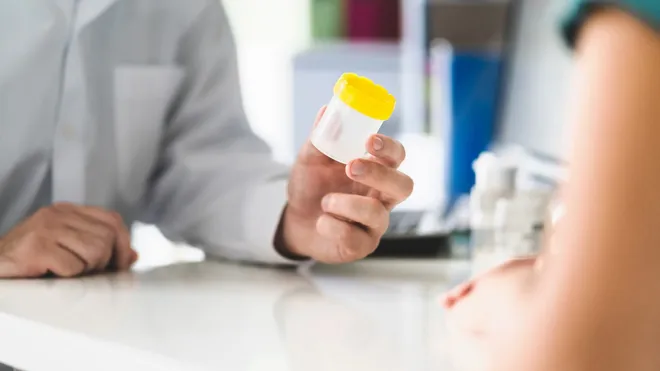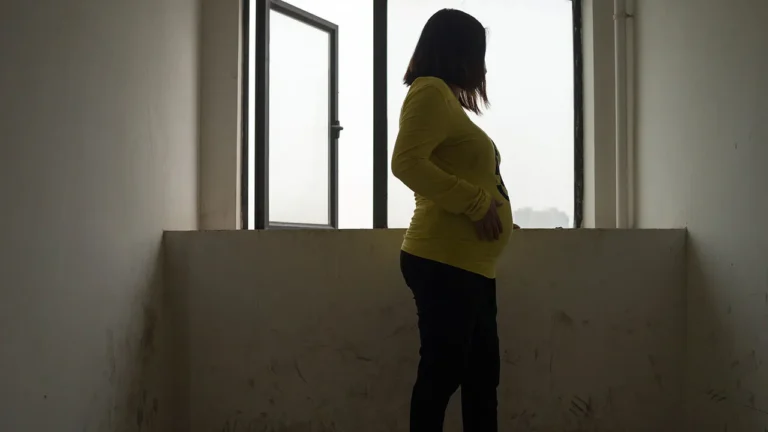STD Rates Rising Sharply in Georgia and South Carolina, Report Finds
SOUTH CAROLINA & GEORGIA — A new health report has placed Georgia and South Carolina among the top states in the nation for rising sexually transmitted disease (STD) rates, raising concerns among public health officials and prompting calls for increased testing and education.
Chatham and Richland Counties Identified as Hotspots
According to a recent analysis by Invigor Medical, Georgia now ranks fourth in the United States for newly reported STD cases, while South Carolina ranks eighth. Two counties in particular stand out:
- Chatham County, Georgia, which includes Savannah, ranks 39th in the nation for new STD cases per capita, placing it in the top 1% of more than 3,000 counties nationwide.
- Richland County, South Carolina, home to the capital city of Columbia, was identified as the state’s most impacted region.
Public Health Experts Urge Increased Testing and Awareness
Health officials emphasize that rising STD rates often reflect larger public health issues, including:
- Limited access to affordable sexual healthcare
- Gaps in public education about sexual health
- Social stigma that may prevent individuals from seeking testing or treatment
The CDC and local health agencies are urging residents in both states to get tested regularly, even if they don’t show symptoms, and to speak openly with healthcare providers about prevention.
What Residents Can Do
To address the surge in STD rates, health professionals recommend:
- Annual testing for all sexually active individuals, especially those with new or multiple partners
- Use of protection such as condoms and dental dams
- Seeking immediate treatment if any symptoms occur
- Utilizing community health centers or local public health departments for low-cost or free testing services
Many counties also offer anonymous testing sites to encourage more people to take charge of their sexual health.
A Regional Wake-Up Call
This data serves as a wake-up call not only for health professionals but for residents across the Southeast, where access to healthcare remains uneven and preventative care often falls behind.
Officials say collaboration between schools, clinics, and community leaders is essential to combat the increasing spread of STDs. By improving education, expanding treatment access, and reducing stigma, both states can begin to reverse this troubling trend.
Have you been tested recently or found resources in your area helpful? Share your experience or resources you recommend with us at SaludaStandard-Sentinel.com. Your input can help others take action too.







